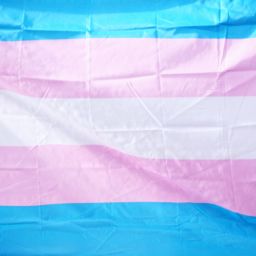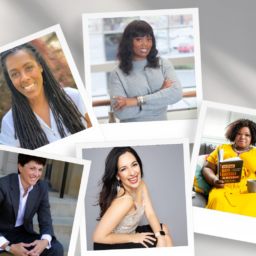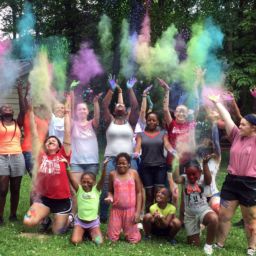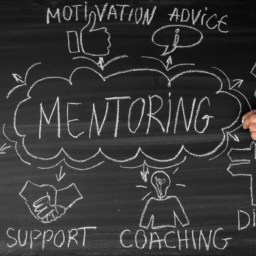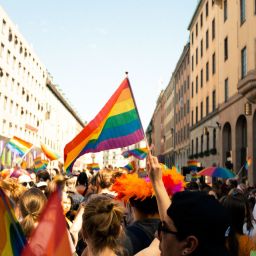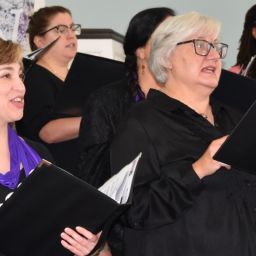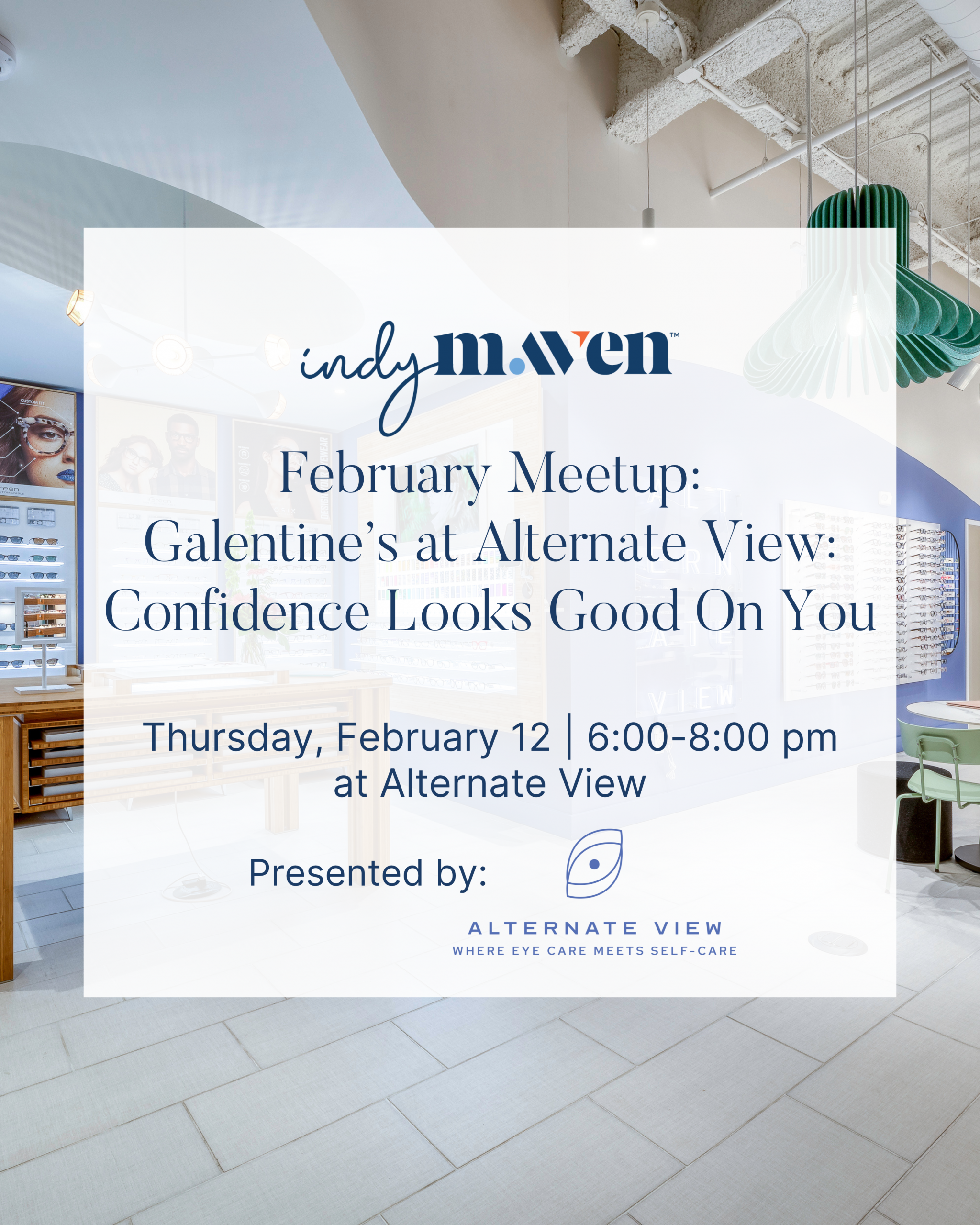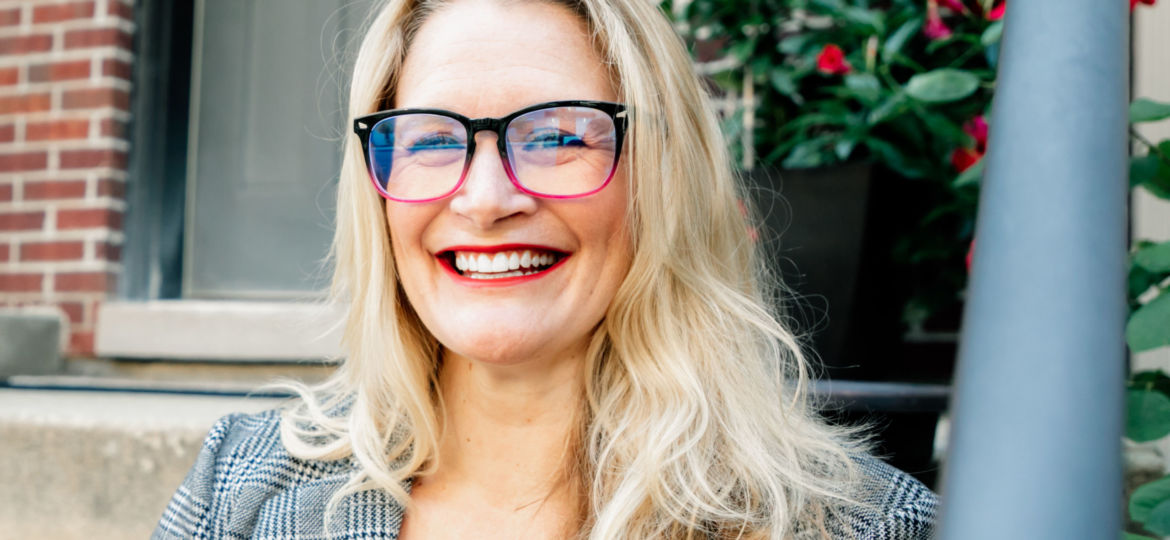
For me, one of the most significant challenges that proved to be a benefit of social distancing during the COVID-19 pandemic was the forced isolation and downtime. I count myself extremely lucky to have had access to a wonderful mental health therapist throughout the pandemic and used the opportunity for reflection on my life—who I truly am (rather than who others understand me to be), and the people I intentionally dedicate my time to.
WHAT OTHERS UNDERSTOOD ME TO BE
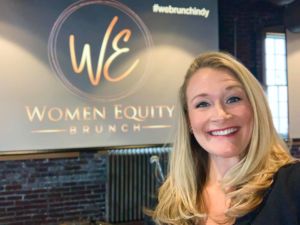
I’ve been a very vocal ally to the LGBTQ+ community for a number of years. I started volunteering on the Indy Pride board of directors in 2017 and became a contracted staff member in 2018, working as the director of marketing and communications. In this very public-facing role, I worked hard to establish myself as a strong ally to the community and it became a significant part of my personal identity.
When friends, colleagues, and family members inquired about my “why” behind this work, I’d share that I couldn’t imagine how challenging it must be to be discriminated against or hated for simply loving someone else.
REFLECTING ON MY OWN HISTORY
Rewind back to my childhood, growing up in a Catholic family in Kokomo, a small city in Indiana where our home was literally in the middle of three cornfields. I remember growing up and recognizing that I had feelings of attraction for some of the female friends I had. When that feeling bubbled up to the surface, my friends immediately showed disgust at the idea, so I acted like I was joking and “stuffed” those feelings away.
Of course, growing up in a Catholic family also created a hesitation to explore or share those thoughts. While I can’t recall any outwardly homophobic acts from my family members, there was always an understanding of what a successful life “should” look like: get married, have kids, and root your family values in Catholicism. And this picture always included a straight couple.
As I began working with Indy Pride and meeting queer people from all walks of life and all identities, I started to understand what it looked like to explore your true self and live as authentically as possible. Seeing how life-changing it could be for someone to bravely explore thoughts and feelings they may have been suppressing for years significantly inspired me to feel comfortable doing the same.
COMING INTO MY OWN
I’ve always had an appreciation for the beauty of the female body, and I remember the feelings of relief, excitement, and anticipation as I updated my gender preferences on my dating app to include women. Oh, and did I mention I was nervous as hell? It was all overwhelming, yet it felt so right.
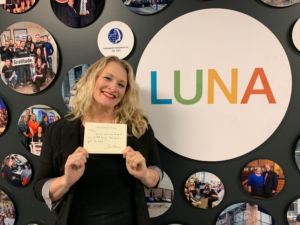
On my first date ever with a woman, we were discussing how the pandemic had impacted us in a number of ways. I shared that recently I felt like I was Julia Roberts in “Runaway Bride,” just trying to figure out how I like my eggs.
In that moment, I realized that if I were on a date with a man, I would have never used that movie quote, and I better understood how companionship played a significant role in my needs in a romantic relationship. Sharing the female human experience with a partner heightened that feeling of intimacy for me: Not only could I make out with a beautiful woman, but I could quickly feel more connected to her than I may with a man. Double win!
From there I felt much more confident exploring my relationships with women and gaining a better understanding of how different types of romantic relationships exist with an open mind and a welcoming heart.
COMING OUT
I discussed the nuances of coming out with my therapist, Karen, and she always reminded me that my story is for ME to decide: 1) who I want to share it with, and 2) how I want to share it.
My internal rule at the time was that if someone was close enough to me to regularly ask about my dating life, I would share it with them as it came up. I also made some intentional efforts to share this update with a few close family members and friends, and in 2021, I finally felt comfortable enough coming out as bisexual in a very public way: on social media. I received an outpouring of positive messages and support from people within all facets of my life.
YOU ARE NOT ALONE
To the mavens out there that have been, or are going through similar journeys of exploring your own identities: You are not alone.
In fact, recent data from a 2020 Gallup poll shows that 1 in 6, or 15.9% of Gen Z adults (18-23), identify as LGBTQ. In contrast, with each older generation, LGBTQ identification is much lower, including 2% or less of respondents born before 1965 (57+).
What this tells me is that, as our culture works to become more inclusive of understanding and embracing LGBTQ people, more people feel comfortable exploring their true identities at a younger age and finding their authentic voices earlier in life.
In the famous words of George Eliot (a pen name for Mary Ann Evans, btw), “It is never too late to be what you might have been.”
All of our content—including this article—is completely free. However, we’d love if you would please consider supporting our journalism with an Indy Maven membership.




